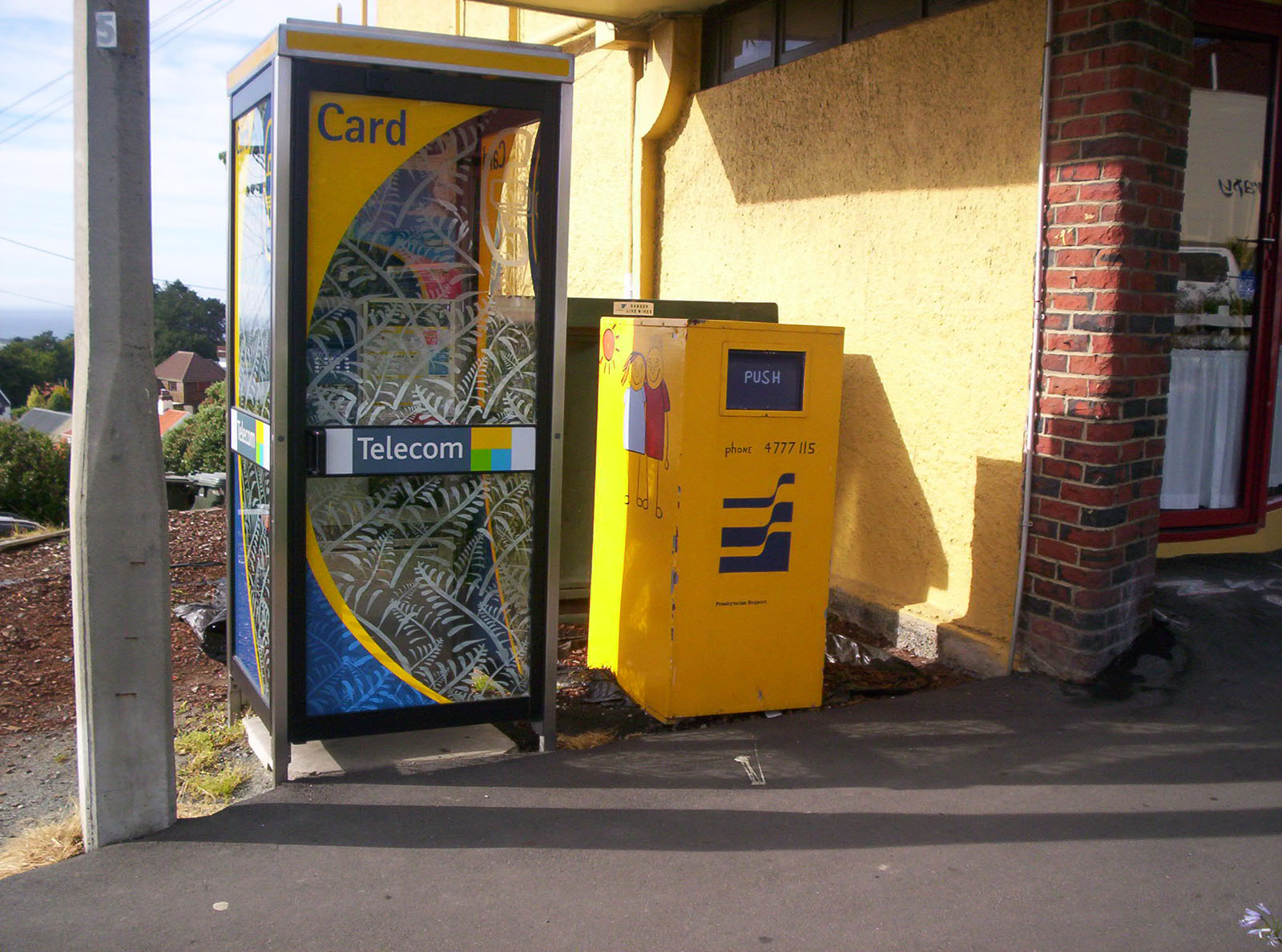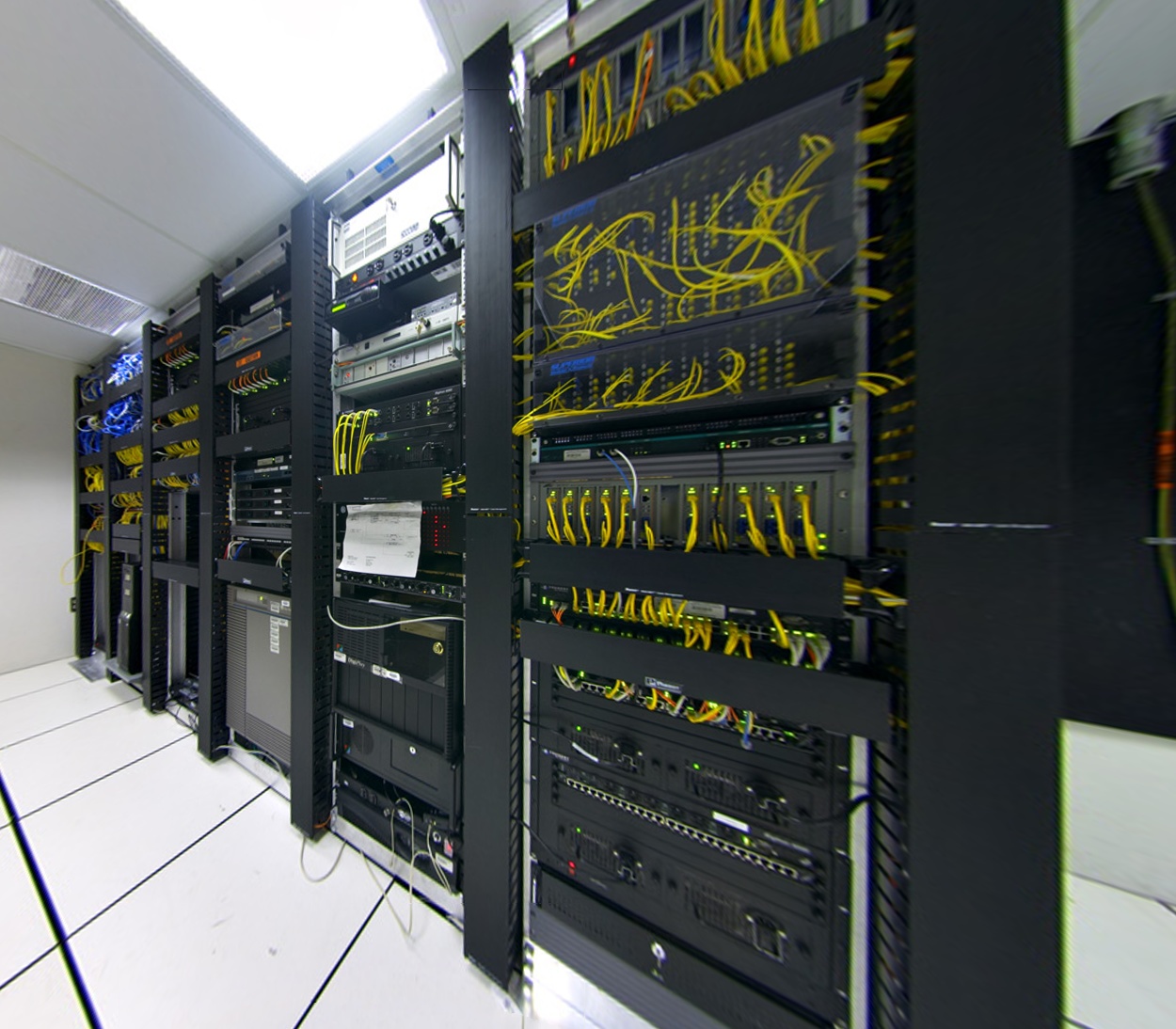With the passage of the Telecommunications Act of 1996, the competition doors were opened on the lucrative market of providing local dial tone and telecom services for carriers other than the Incumbent Local Exchange Carriers (ILEC's) and/or the Regional Bell Operating Companies (RBOC's). In 1996 there were 50 Competitive Local Exchange Carriers (CLECs). Currently there are over 500 facilities based carriers and resellers certified with the various state commissions. Will you be one of them in the future? Consider the following points specifically aimed at cable companies and ISPs.
Because the opportunity in providing local dial tone is truly vast, analysts are predicting that incumbent local exchange carriers (ILECs) will lose up to 25% of the local exchange market by 2006. Providing competitive local phone service was a $1 billion business in 1996. The growth in local lines during the 1980s and 1990s has been growing far greater than the 2% to 3% of the 1960s and 1970s driven by internet dedicated lines and the push for second and third voice lines in homes and businesses across the country. New entrants can play an especially important role in this line growth where new service can be provided as competitive quotes to the ILEC’s services. Moreover, an ISP/CLEC can offer much more than local phone services and compete head to head with the Incumbent Local Exchange Carriers’ (ILECs) more cumbersome and non-complete offerings.
ISPs have advantages in local, long distance, and data services through strategic alliances, bulk purchasing of long distance minutes, VoIP deployments, convergent billing, and the latest in switching equipment (Class 4/5 switches) without the expense of legacy equipment unable to deliver high speed digital services.
Access to existing ILEC network at discounts on a pure resale basis as well as in converting their current circuits from retail pricing to wholesale pricing. ISPs can additionally configure their systems to deploy tandem switches in each LATA to gain free inbound T-1s from the ILEC while consolidating their modem pools at the tandem for cloud access.
No existing baggage and low relatively low regulatory requirements compared to the ILECs’ regulated rate of return and cost study legacies for pricing.
Information services for LAN/WAN customers including web page design and hosting, help desk services, configuration, and maintenance services for company internal communications systems.
No existing baggage and low relatively low regulatory requirements compared to the ILECs’ regulated rate of return and cost study legacies for pricing.
Information services for LAN/WAN customers including web page design and hosting, help desk services, configuration, and maintenance services for company internal communications systems.
The creation of a CLEC entity and operating company is not a simple process if it is to be done correctly. Often and ISP or cable company is unprepared to jump right into it without having a mentor or coach to assist in the process. Additionally, personnel often lacks the telecom background needed to run a successful CLEC. It is not, however, an impossible mountain to climb, as we can see, by the large numbers of ISPs and cable companies and even Real Estate companies that have successfully made the transition. As general guide, follow the guide below to assist your company make the jump to telecom service availability and profitability.
- Define the business: financial business case model, have ISG-Telecom complete the market strategy, service area and services offered;
- Hire ISG-Telecom Consultants to handle the conversion process on a turn-key basis;
- Define legal issues: have ISG-Telecom review legal factors;
- Define regulatory issues: have ISG-Telecom review state, federal, Bellcore requirements, and negotiate interconnection agreement with ILEC(s);
- Define the operational process: network model, resource requirements. This can include in-house arrangements or outsourced solutions;
- Prepare the business plan: market characterization, strategy, risk assessment, financial models
- Create detailed network design: detailed architecture, personnel requirements;
- Procurement: Utilize the ISG-Telecom "Strategic Partners" to acquire access, switching & transport facilities, operations support systems, and human resource acquisition;
- Installation: site selection, site readiness, equipment installation and provisioning;
- Operations and Integration: sales and marketing, operations support systems (OSS) and piggy-back the ISG-Telecom Master Agreements for back-office;
- Training: Complete the sales, marketing and product training courses offered by ISG-Telecom trainers
A good consulting firm such as ISG-Telecom, will arrange for your steps to be fairly painless and allow you and your staff to do as much or little of the process yourself. For example, if you have a current attorney, a consultancy should be able to work with your counsel to bridge the gap in general law practice and telecom specific practice. If your technical staff is gung-ho to do switch selection with little guidance from the consultant or with total guidance from the consultant, both avenues should be able to be accommodated. Training on running your CLEC arm through the sales of unfamiliar products to your current product line should be available at a reasonable cost. Outside vendors for billing, customer service, SS7, back office, directory assistance, and operator services should be recommended and client suggestions should be willingly investigated by your consultant. Switchless Reseller’s do not require all of the elements below, whereas a Facility Based CLEC will. Many ISP’s have a limited number of these personnel already on staff, so minor augmentation of their current staff is all that will be required of them. Additionally, some business plans for data-only CLECs could actually skip a few of these items without major concern in a start-up situation.
There are many different and new categories that every ISP/CLEC needs to consider in becoming a telco. Before frustration sets in, remember, most of these functions can be outsourced or even contracted through the ILEC with whom you are interconnected. E911 is noticeably absent from this list as it is generally part of your interconnection agreement. All of the following can be co-ordinated by the staff at ISG-Telecom through its partnerships with industry leaders and 3rd party vendors. ISG-Telecom also has national contracts for many of these services and offers it's clients the opportunity to piggy-back those contracts for additional cost savings.
Business Office
There are many different and new categories that every ISP/CLEC needs to consider in becoming a telco. Before frustration sets in, remember, most of these functions can be outsourced or even contracted through the ILEC with whom you are interconnected. E911 is noticeably absent from this list as it is generally part of your interconnection agreement. All of the following can be co-ordinated by the staff at ISG-Telecom through its partnerships with industry leaders and 3rd party vendors. ISG-Telecom also has national contracts for many of these services and offers it's clients the opportunity to piggy-back those contracts for additional cost savings.
Business Office
While getting into a new line of business always requires changes to be made, becoming an operating CLEC is not as easy as setting up an Internet Service Provider (ISP) due to the regulatory considerations and complexity of meeting telephony standards. Because people take telephony service for granted, outages and outstanding service must be givens to any business plans. The two things an ISP needs who is looking to make the transition are: a full service consultant and a full service switch vendor. Moving to a lower priced switch vendor can be acceptable if your staff or new hires are particularly adept at learning the full range of capabilities in your new switch. As a switchless reseller, a full understanding of your reseller arrangement and the service standards established by your resellers agreement must be constantly monitored for performance. For either type of service, billing is the key to your success or lack of success and small start-ups are well advised to utilize an outside vendor with similar small clients while the start-up is in its infancy. This allows one of the most important functions to be run by proven outside resources while some of the service and installation issues are worked out in-house.







